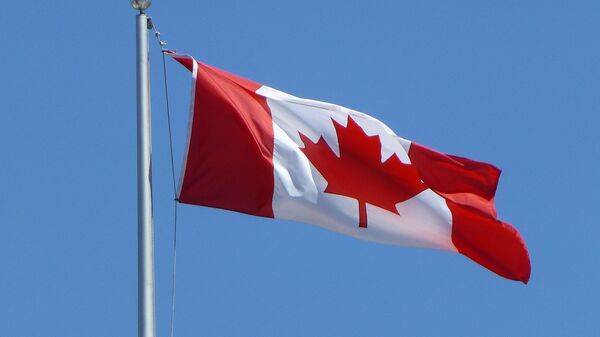The problem is complicated by the fact that there are two versions of sign language in use in Canada, the American Sign Language and la Langue des Signes Quebecoise.
"We know that Canadians with communication barriers and Canadians who are deaf and hard of hearing face these additional hurdles to being included in our society and our workplaces and our communities," the Disabilities Minister of Canada, Carla Qualtrough, said Thursday.
According to Qualtrough, the use of sign language was "widely discouraged and even forbidden in classrooms" in Canada until recently.
"I'm very keen to make sure that culture, that language is protected in some way," Qualtrough says.
The legislation is included in the UN convention on the rights of persons with disabilities, which Canada signed in 2010. This international declaration calls for countries to ensure that all public services be delivered in sign language, and encourages national governments to recognize it as an official national language.
If passed, the government expects the legislation to come into force at the end of 2017, or early 2018.




